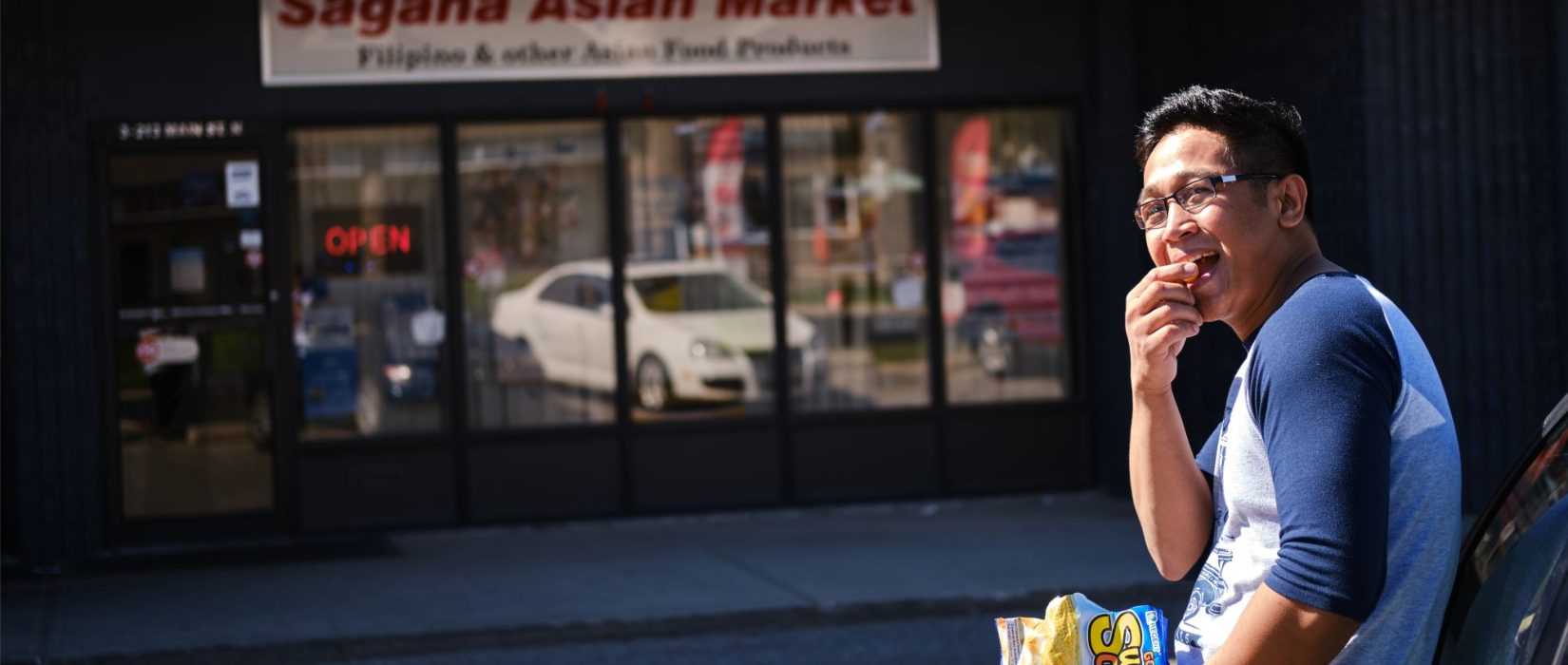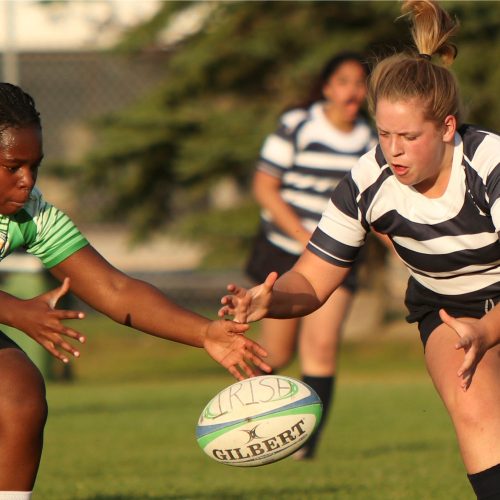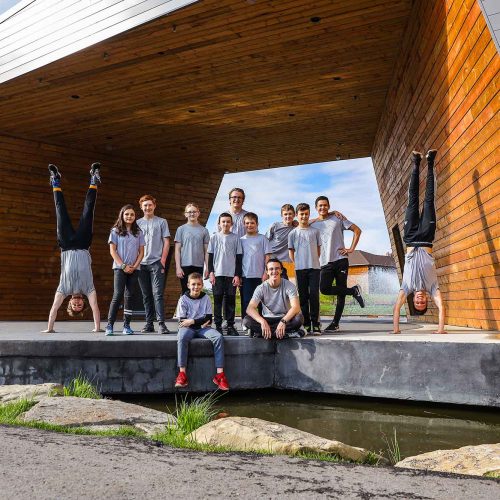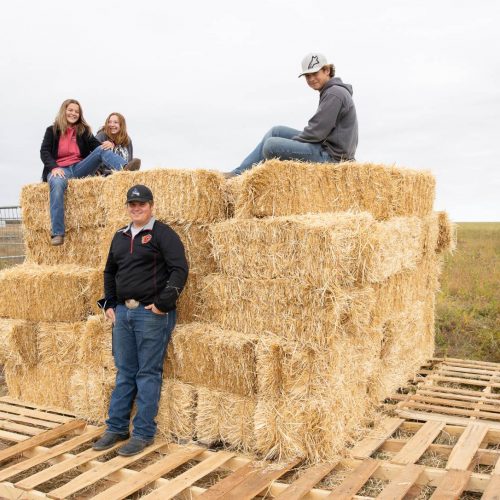Salamat, Airdrie
Editor’s Note: We are pleased to bring back our culture feature, giving readers more insight into our wonderful diversity in the city. Here Czeska Barnowski shares photos and stories about her Filipino heritage and community in Airdrie. If you would like to share your heritage and culture with our readers please email sherry@frogmediainc.ca
If you’ve ever been invited to a Filipino party, you’ll most likely see the following: some sort of sport (most likely basketball or boxing) on TV, little kids and some big kids playing video games, elders playing cards or mahjong and some fun music playing on the speakers. Definitely sounds like the usual family/friends get together but I didn’t mention the utmost important part of a Filipino gathering. The glorious food: sinigang, adobo, lechon, pancit and lumpia just to name a few.
Usually the food is presented nicely on bowls and plates for you to choose to your liking or it can be done in a more Pinoy feast way of kamayan (communal style eating where the food is placed on banana leaves and people eat without utensils). Filipinos everywhere know that food brings people together. And it’s no different here in Airdrie – where the Filipino community and culture continue to grow.
My view as a Filipino living in Airdrie is a bit different compared to others as my family and I moved here from Ottawa just in October of 2020. I was both excited and nervous to move here for various reasons, but one main factor was about the Filipino community. Immigrating to Ottawa when I was four and living there since recently, I was lucky to still feel the Pinoy culture through my many family members and friends. Being spoiled by the food and joy from our gatherings was something I would miss dearly. And the big question was “would I have the same experience in Airdrie? Would I feel the culture around here?” Of course, the pandemic ruined much of what I could have experienced more of but fortunately, I’ve seen and felt a lot of the Filipino culture in Airdrie so far. Thanks to the people.
I reached out to other Filipinos in the community to get their take on how they see our culture in the city and the responses I received were nothing but positive. Jenn Aguilar has been living in the city for a few years and says she is glad to see that Filipino culture is growing in Airdrie. “I have several Filipino neighbours, (and) I am able to purchase our native food from Sagana Asian Market and see Filipino events.”
To see more Filipino stores opening up in the city is such a welcome site for the community since food is such an important part of our culture. Whenever you have to leave your Lola’s house it’s not really an “I love you, goodbye” from her but more of the “Did you eat? Here, I’ll give you food to bring home, you wait” type of love. And it’s a very filling love from all the elders in our community.
The importance of food in our culture would be nothing without our families. We respect our elders and all the work they’ve done to help us grow and/or immigrant here for a better life. Arlette Reyes understands how difficult it must have been for her parents to experience such a big change in their lives but acknowledges that it was the right decision. “Knowing what I know of the culture, the hardships over there moves me to continually thank my parents for the sacrifice they made.”
Understanding the hard work that our parents have done becomes a bit more prominent in our minds after having children of our own. As a mom of a fireball of a four-year-old daughter, she reminds me to not take this life so seriously and to always have her Filipino snacks at the ready. On a more serious note, it is very important to me to teach my daughter the traditions and language of the Philippines.
Jay Raymundo knows this all too well with his three children. “They have a lot of interest in learning Tagalog and really enjoy eating Filipino dishes whenever we have them. I strongly believe that my kids need to grow, lead, learn and change and adapt to the demands of the Canadian culture. However, they definitely need to embrace their nationality, learn about their history and represent Filipinos in an honourable and respectful way.”
We’re a very family-centered community but that just doesn’t mean having a bunch of children. We treat anyone like family and respectfully call others Tita, Tito, Ate or Kuya even when we’re not blood related.
My final question was about how they’re feeling upon hearing that a Dr. Jose Rizal statue will be put up at Nose Creek Park – the first of any kind in all of Canada.
I’ll leave you with the fitting words from Jenn Aguilar: “Dr. Rizal has definitely made an impact and is an important symbol to our people and our country. At first, I was hesitant, he has no ties to Canada, but then I realized this beautiful country belongs to all of us…. Airdrie is a diverse community that celebrates all cultures. Diversity is being invited to the party; inclusivity is being asked to dance.
“Thank you, Airdrie, for asking Filipinos to dance.”











